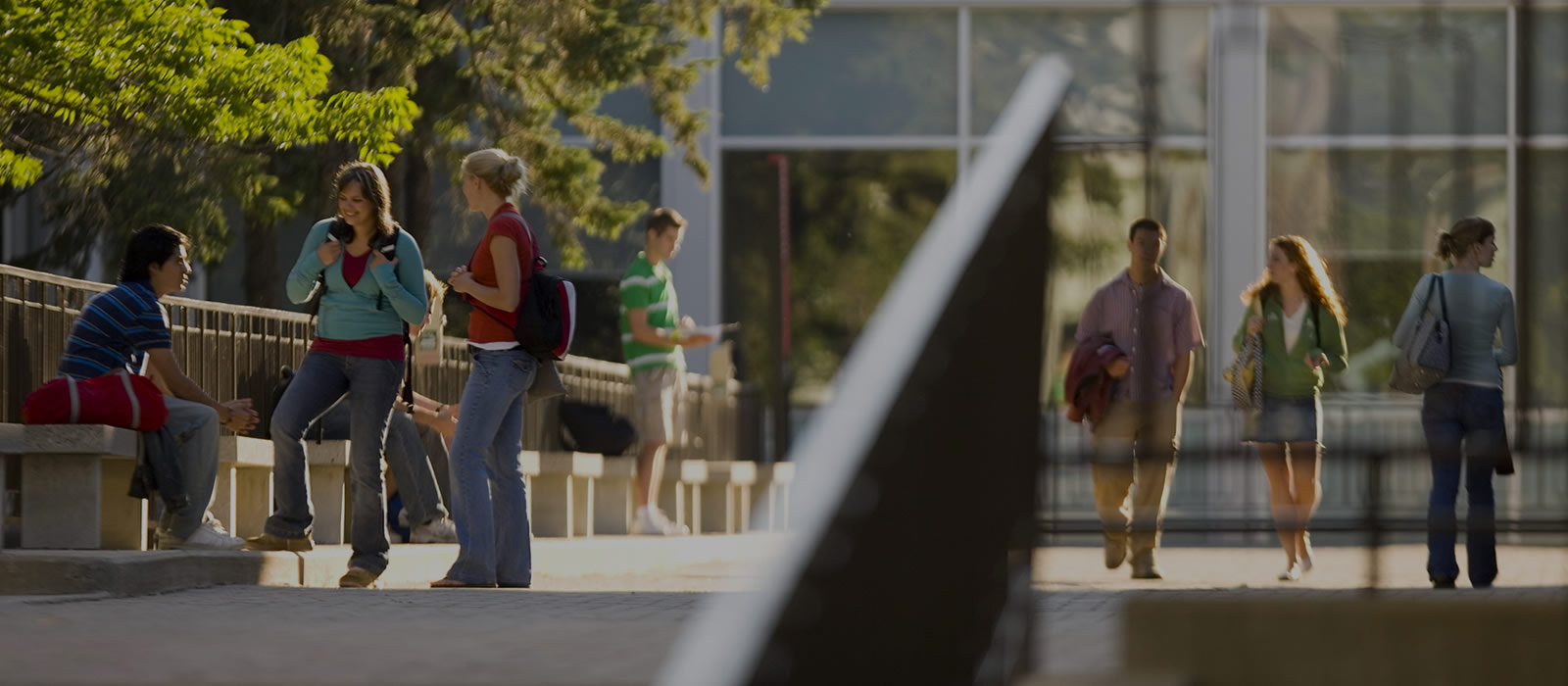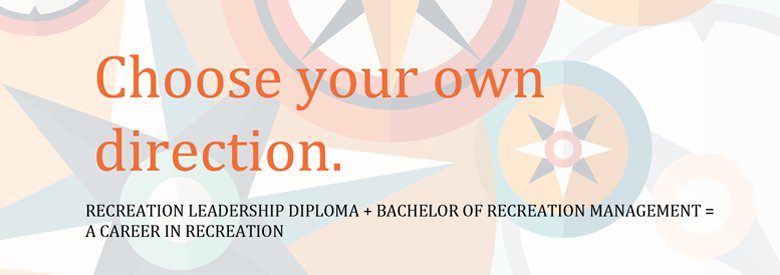Apr 15, 2019
By Joanne Edey-Nicoll, Instructor

After spending over four decades working in Recreation, I’m bewildered by the reaction that I and others that work in this field get from people when we say that we work in Recreation. In their book, Issues in Recreation, McLean and Yoder (2005) talk about the all too familiar, even alarmed looks of parents and amused looks from friends when we reveal that we want to build a career in Recreation and can in fact, get a degree in Recreation.
My bewilderment led to a recent research study that was conducted in partnership with the BC Recreation Parks Association to determine why people choose a career in Recreation.
One of the findings from the research project was that while people outside the Recreation sector may understand the benefits of Recreation, they may not understand the reasons why these benefits are important. This is referred to as ‘Leisure Literacy’ which I wrote about in my previous blog.
I started to think about what we, as Recreation professionals can do to increase leisure literacy.
Some individual recreation departments are addressing this issue through including information about why the benefits in Recreation are important in the program descriptions in their seasonal brochures, while others are producing videos for their respective websites.
One of my students in the Bachelor of Recreation Management degree program was recently doing research about the benefits of outdoor recreation on mental health and he reflected on things that he and his recreation organization could do; “Educating people on the benefits of outdoors is something that I think I can do a better job of as a recreation professional - An example of this is by adding a piece of education into our leisure guides, as well as other forms of marketing. By outlining the benefits of recreation for mental wellness, some people may be more motivated to participate. We could also hold health talks to further educate people on the importance of recreation for mental health.” (Randhawa, M. 2019)
Another finding from the BCRPA research project revealed that over 90% of the respondents of the research survey made the decision to work in the Recreation field based on previous work or personal experience or from someone who has previously or is currently working in the Recreation field.
We, as a sector, have an opportunity and an obligation to our profession to increase leisure literacy and to promote Recreation as a viable career.
Joanne will presenting her research project at the BCRPA Symposium in Whistler on Thursday May 2 at 10:15 – 11:15 am and at the RFABC conference in Harrison Hot Springs on May 15, 3:15 – 5:15 pm as part of a panel. The full report will be available on the Langara Faculty Research website on May 4th.
Image: https://carleton.ca/career/get-experience/on-campus-jobs/
McLean, D. J. & Yoder, D. G. (2005). Issues in Recreation and Leisure: Ethical Decision-Making. Champaign, IL: Human Kinetics
Randhawa, M. (2019). RECR 4400 Week 6 DQ1 FUP
